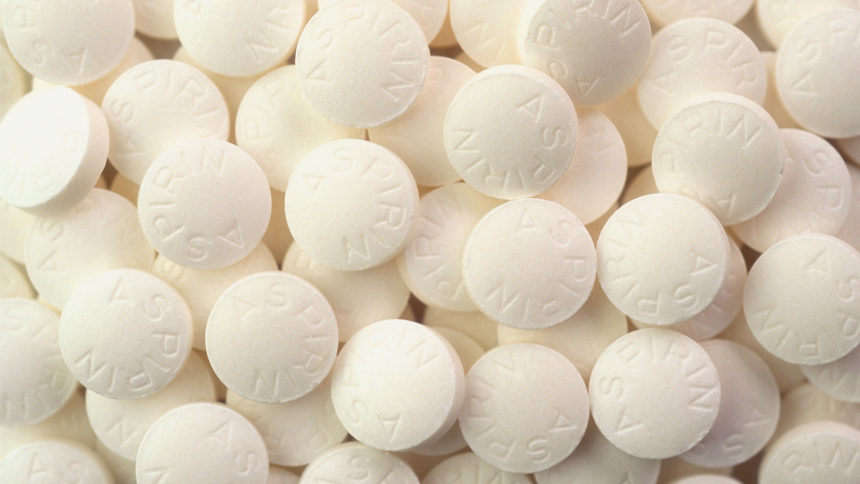
Contrary to some early-pandemic observations by clinicians, aspirin and apixaban (Eliquis) do not reduce the rate of major adverse cardiovascular or pulmonary outcomes in stable outpatients with symptomatic COVID-19, a new clinical trial has found.
COVID-19 is known to cause dangerous systemic blood clotting. In the absence of other therapies, some physicians have tried treating their patients with anticoagulant and antiplatelet medicines with the aim of preventing or reducing the risk of poor outcomes tied to the dangerous problem, the researchers said.
In an effort to properly test the effect of the drugs on outcomes, researchers from Brigham and Women’s Hospital in Boston compared anticoagulant and antiplatelet medications in outpatients with stable, symptomatic COVID-19 for 45 days. Study participants received either low-dose aspirin (81 mg, once daily), prophylactic-dose apixaban (2.5 mg, once daily), therapeutic-dose apixaban (5 mg, twice daily), or placebo.
As a part of standardized rules governing clinical trials, the trial was stopped early by an oversight board because the primary event rate was lower than expected. This included all-cause mortality, symptomatic venous or arterial thromboembolism (blood clotting), heart attack, stroke, or hospitalization for cardiovascular or pulmonary causes.
“Early observations from clinical practice and promising results from nonrandomized studies led many physicians to use therapeutic-dose anticoagulants and antiplatelet agents for a variety of patients with COVID-19, including stable outpatients,” Otavio Berwanger, M.D., Ph.D., of Hospital Israelita Albert Einstein in Brazil wrote in an editorial accompanying the study. “Nevertheless, even during a pandemic, well-designed and adequately powered randomized clinical trials are needed to establish the benefits and risk of therapies.”
The study was published in JAMA Network.




